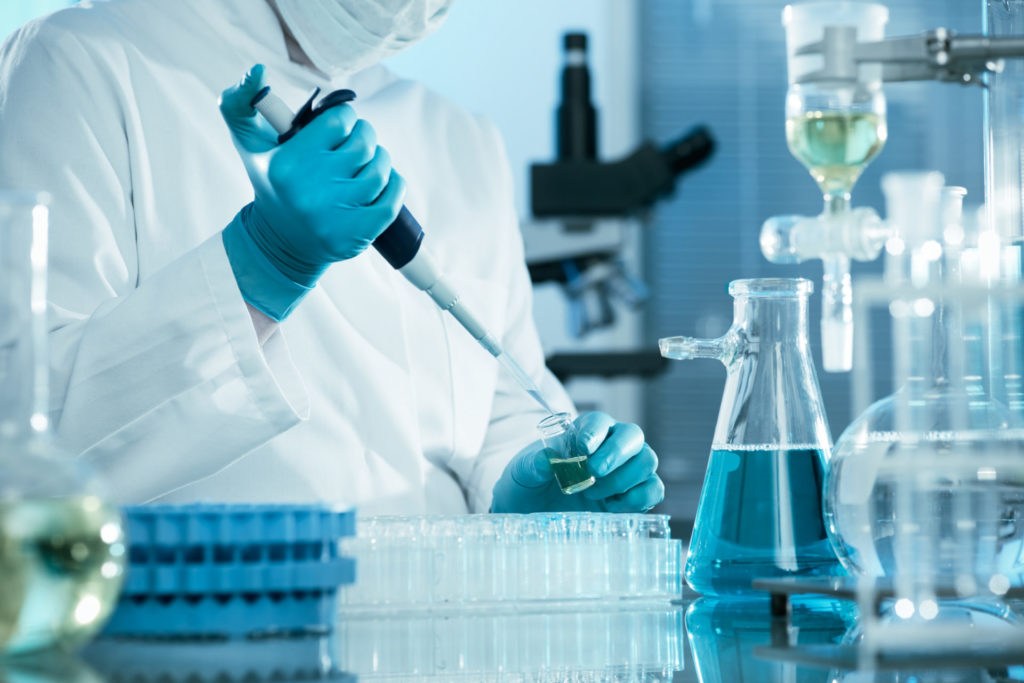Researchers at the Vrije Universiteit of Brussels (VUB) have made a potential breakthrough in the treatment of a type of blood cancer that is currently incurable.
The illness, Multiple Myeloma (MM), also known as Kahler's disease, affected some 176,000 people in the world in 2020, according to the World Health Organisation (WHO). The incident and death cases linked to the illness have more than doubled over the past 30 years. In Belgium, some 1,000 patients are diagnosed with MM every year, of whom around 40% die within five years.
The cancer causes uncontrolled growth of plasma cells in the bone marrow, taking the place of other cell types, such as red blood cells, platelets or white blood cells, causing them to stop functioning properly. There is currently no cure for MM, but it can be managed successfully in many patients for years.
However, new research from the VUB has now revealed a new potential treatment strategy in the quest for curing MM, as researchers discovered what feeds the cancer cells and makes them grow: the amino acid proline.
Trialling therapy on patients
The treatment would attempt to inhibit the PYCR gene, which is responsible for the production of proline, which could then slow down the growth of the cancer cells and eventually lead to cell death.
Related News
- Belgian hospital became first to use sperm injection treatment 30 years ago
- Leuven tech company raises €4 million for clinical tests of cancer therapy
Initially, cancer cells were treated in the lab with a PYCR inhibitor, while the PYCR gene expression was blocked using small interfering RNA, which reduced the viability and multiplication of the cancer cells and also caused cell death of the cancer cells.
The researchers are now trialling a combination therapy of various drugs that, among other things, inhibit the PYCR gene, on MM patients, and have said that the initial results are promising. They also discovered that the combination therapy induced more cell death of cancer cells compared to the individual therapies.
The study, led by Prof Dr Eline Menu and conducted by doctoral student Inge Oudaert, was awarded the American Society of Hematology Abstract Achievement Award at the annual hematology congress in Atlanta, in the United States at the end of last year.

